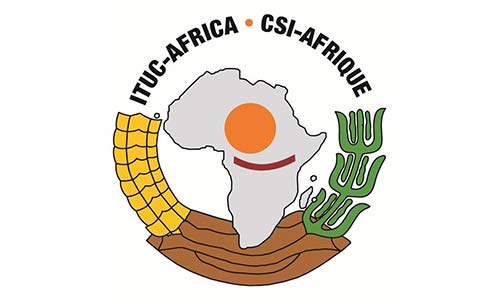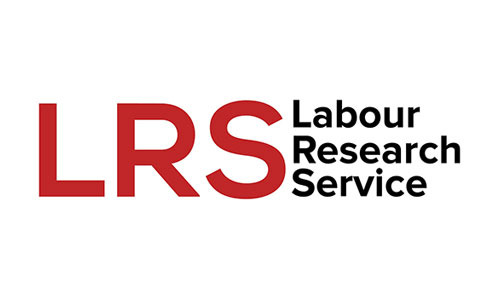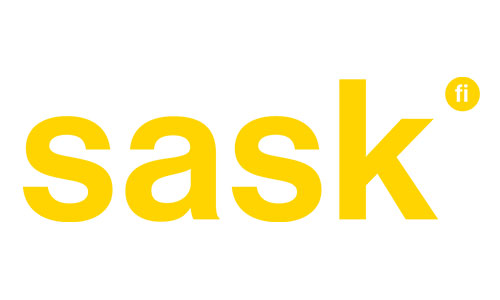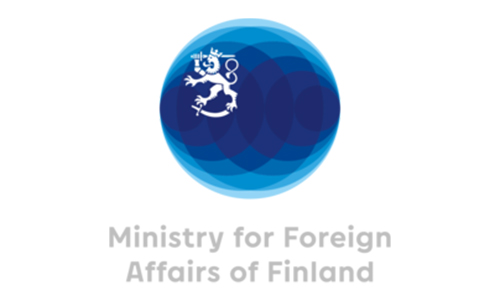Fifty-four African Union (AU) member states have signed the African Continental Free Trade Area (AfCFTA) Agreement (only Eritrea has not) and 47 have ratified it. At present, the Non-State Parties are Benin, Eritrea, Liberia, Libya, Madagascar, Somalia, South Sudan, and Sudan.
Article 7 of the AfCFTA Protocol on Trade in Goods explains how the trade in goods regime of the AfCFTA will work:
- The State Parties shall progressively eliminate import duties on goods originating from the territory of any other State Party in accordance with their Schedules of Tariff Concessions.
- They shall not impose any new import duties or charges having equivalent effect on goods originating from the territory of any other State Party.
For this provision to be implemented and the AfCFTA trade in goods regime to be properly launched, the participating countries must negotiate and adopt final Schedules of Tariff Concessions which comply with the AfCFTA negotiating modalities and have been domestically promulgated. The formal adoption process involves the AU Assembly. These States must also be customs ready.
There must be clear obligations to ensure reciprocal and mutually advantageous benefits. According to Article 1 of the AfCFTA Protocol on Trade in Goods:
“Schedule of tariff concessions” means a list of negotiated specific tariff concessions and commitments by each State Party. It sets out, transparently, the terms, conditions and qualifications under which goods may be imported under the AfCFTA. (Emphasis added.)
The individual AfCFTA Tariff Schedules will indicate how customs duties will be eliminated in respect of the goods that will qualify for preferential treatment in terms of the applicable AfCFTA Rules of Origin. The agreed Rules of Origin currently represent 92.3% of all tariff lines. The outstanding ones cover textile, clothing, and automotives.
Existing Regional Economic Community (REC) FTAs and Customs Union (CUs) will continue to function, including for preferential trade in goods under their own legal instruments. The AfCFTA tariff concessions will, in principle, apply in those instances where REC FTA preferences are not used in intra-African trade in goods. However, the choice as to which preferential regime will be used will ultimately be that of the private parties exporting and importing goods from and into other markets on the continent.
Up till now tariff offers have been made as unilateral offers; they are not the outcome of negotiations on a give-and-take basis. Forty-five Provisional Schedules of Tariff Concessions (PSTCs) have been submitted and have been verified by the AfCFTA Secretariat as compliant with the negotiating modalities. Djibouti, Libya, Mozambique, Somalia, the Saharawi Republic, and Sudan must still submit their tariff offers.
The priority sectors for industrialisation under the AfCFTA are automotives, pharmaceutical, transport and logistics, and agri-business. It is generally expected that Special Economic Arrangements/Zones will play a prominent role in future industrialisation plans of State Parties. Exactly how they will function, and which government incentives will be acceptable, must still be finalised. The intention is that products benefiting from special economic arrangements or zones shall be subject to regulations developed by the Council of Ministers. The trade of products manufactured in special economic arrangements or zones within the AfCFTA shall be subject to the provisions of Annex 2 on Rules of Origin.
Negotiations on trade in services are work in progress. The Guidelines for Development of Schedules of Specific Commitments and a Regulatory Cooperation Framework for Trade in Services were adopted in 2019. The Assembly has already adopted 22 Schedules, 5 of which have been published (Burundi, Kenya, Uganda, Tanzania and Rwanda) and 17 schedules of specific commitments by the States Parties in the five priority sectors (business services, communication services, financial services, tourism services and transport services) which have not yet been published.
These negotiations continue. Work on the development of regulatory frameworks in the five priority sectors is also underway, to complete the lists of specific commitments. The Secretariat wants to extend the Guided Trade Initiative to trade in services (GTiS), in line with the directive issued at the 10th meeting of the AfCFTA Council of Ministers.
The AfCFTA Investment Protocol was adopted by the 36th Ordinary Session of the AU Assembly in February 2023, subject to the review of Articles 19 and 21. (They deal with expropriation and disputes.) At the 17th Extraordinary Session of the AU Assembly held in Niamey in November 2022, it was agreed to conclude negotiations on the Protocols on Digital Trade and Women and Youth in Trade by July 2023. The negotiations on these Protocols have apparently been completed and adopted at the African Union Assembly in February 2024.
There has been progress on the Digital Trade Protocol too, but the wording of Article 5 (Rules of Origin) and of Article 6 (Customs Duties) is outstanding. For the Protocol on Intellectual Property Rights the Annexes on specific IPRs must be negotiated. The Protocol on Competition Policy is apparently done.
Trade in goods has started under the AfCFTA’s Guided Trade Initiative. This arrangement is not provided for in the AfCFTA Agreement and therefore has its own legal basis, which is Directive 1/2021 of the AfCFTA Council of Ministers.
Read:
12 recommendations to ensure decent work for women and youth in AfCFTA
Gerhard Erasmus
Gerhard Erasmus is a founder of the Trade Law Centre (TRALAC). He has consulted for governments, the private sector and regional organisations in southern Africa and was involved in the drafting of the constitutions of South Africa and Namibia.




